The Lovely War
Graduating Acting Company Federation University Australia, the First Year Acting Company in collaboration with Present Tense.

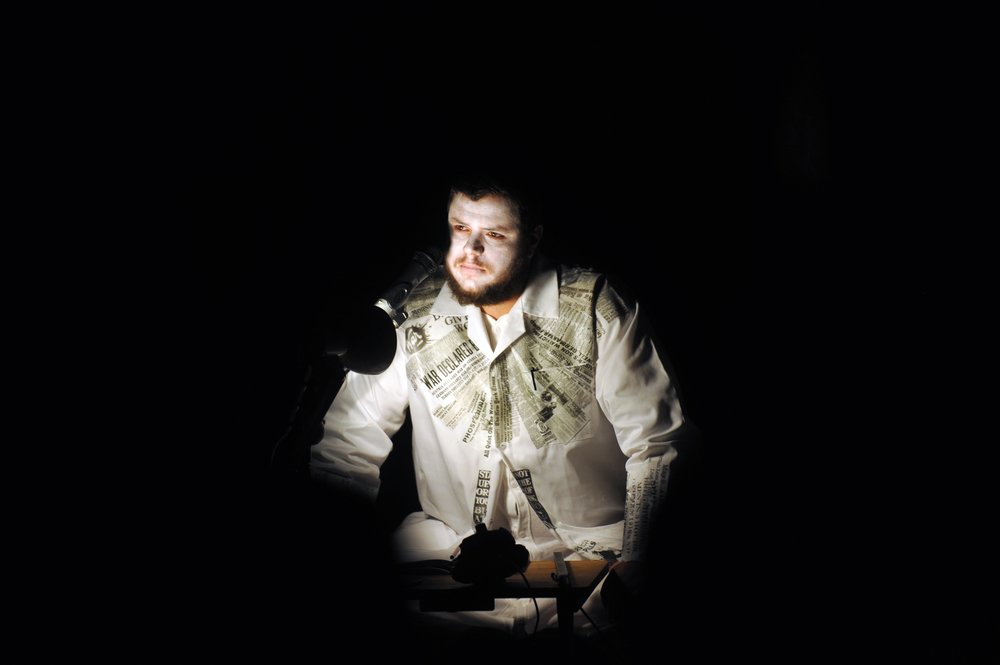
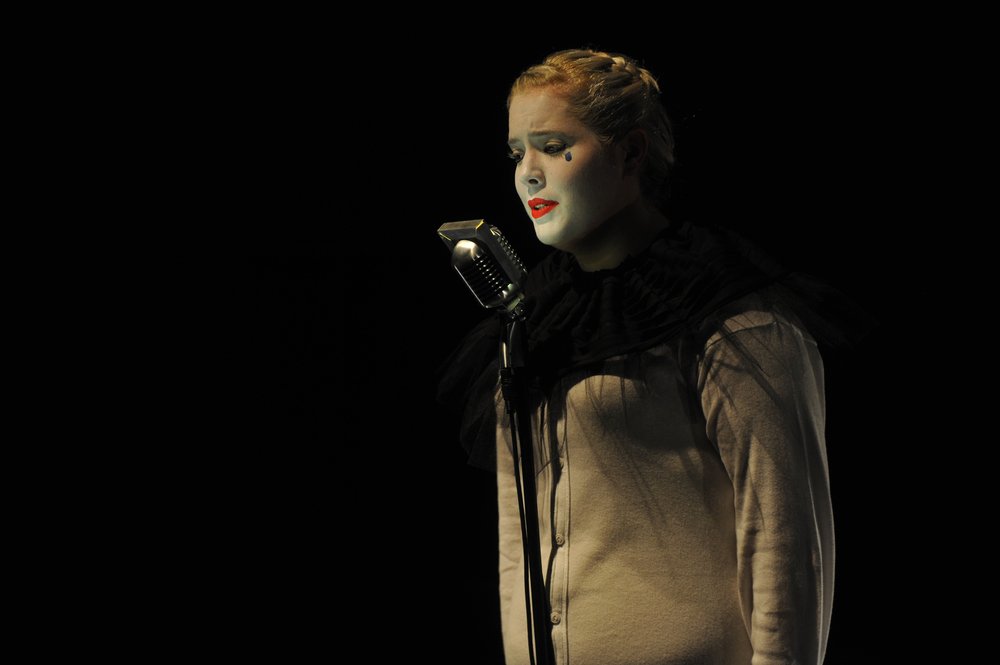
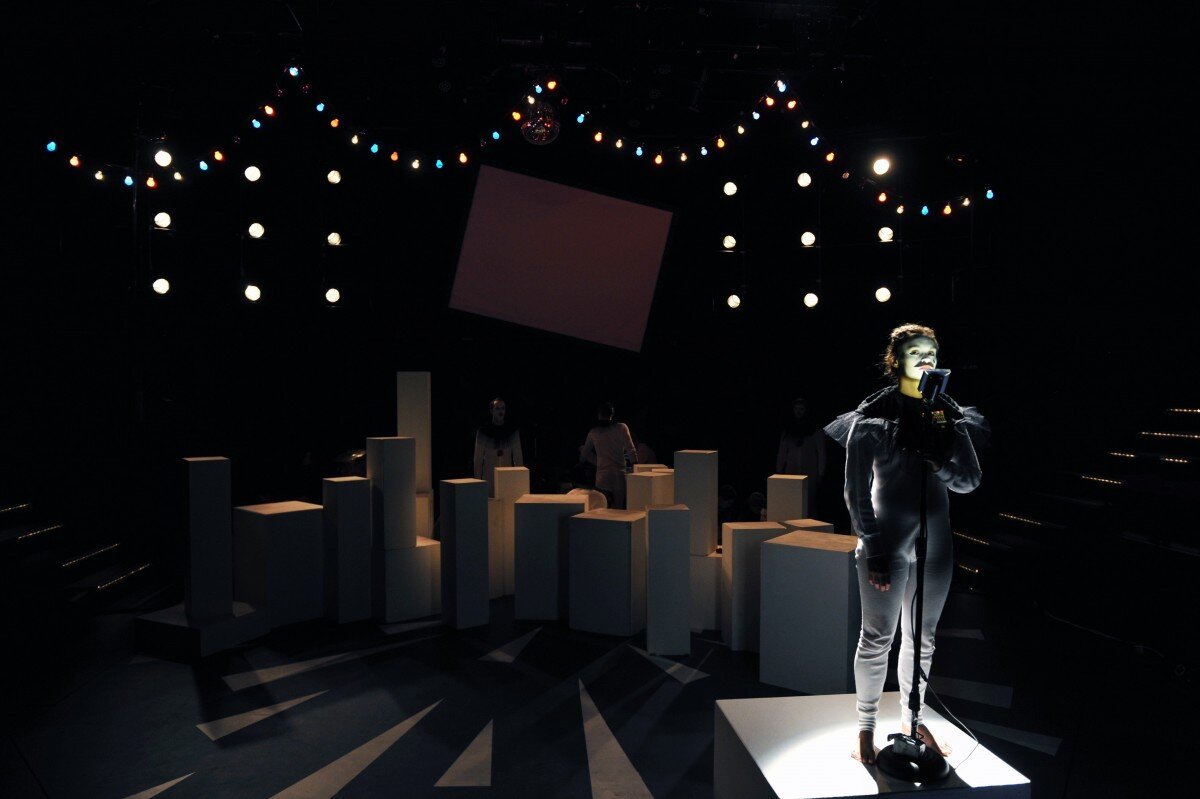
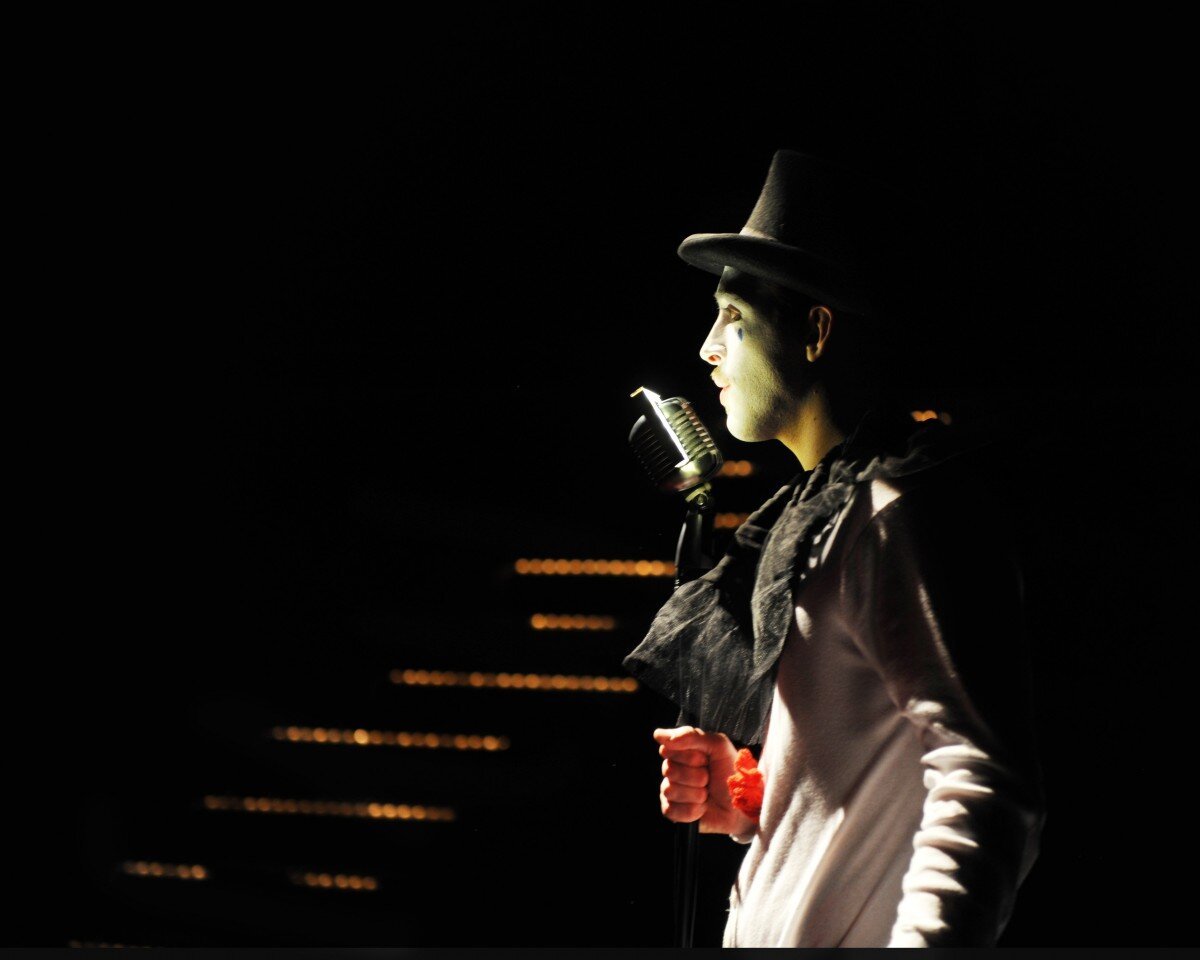
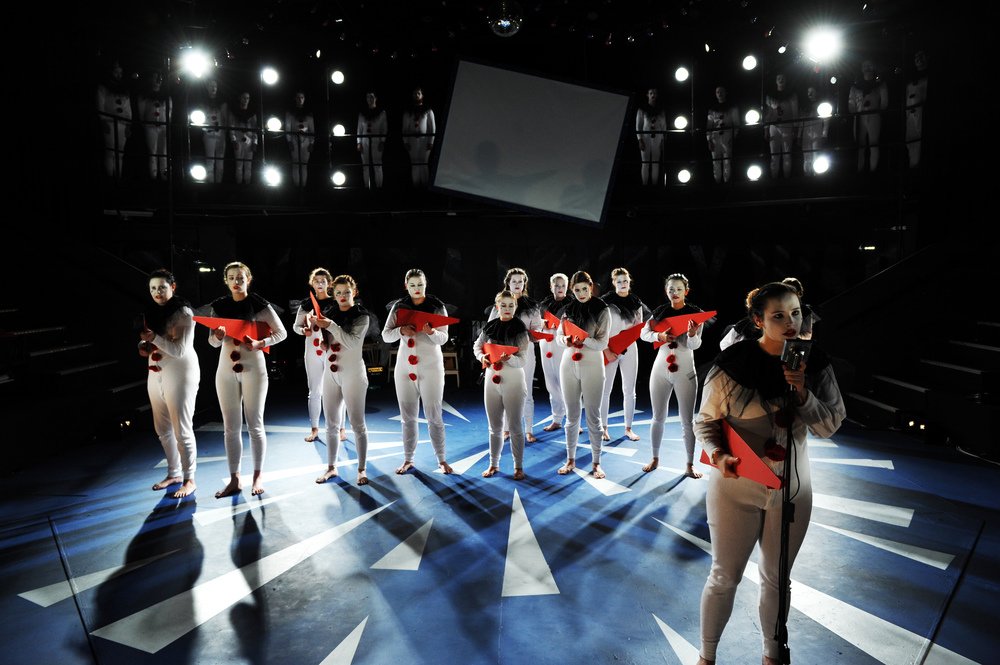
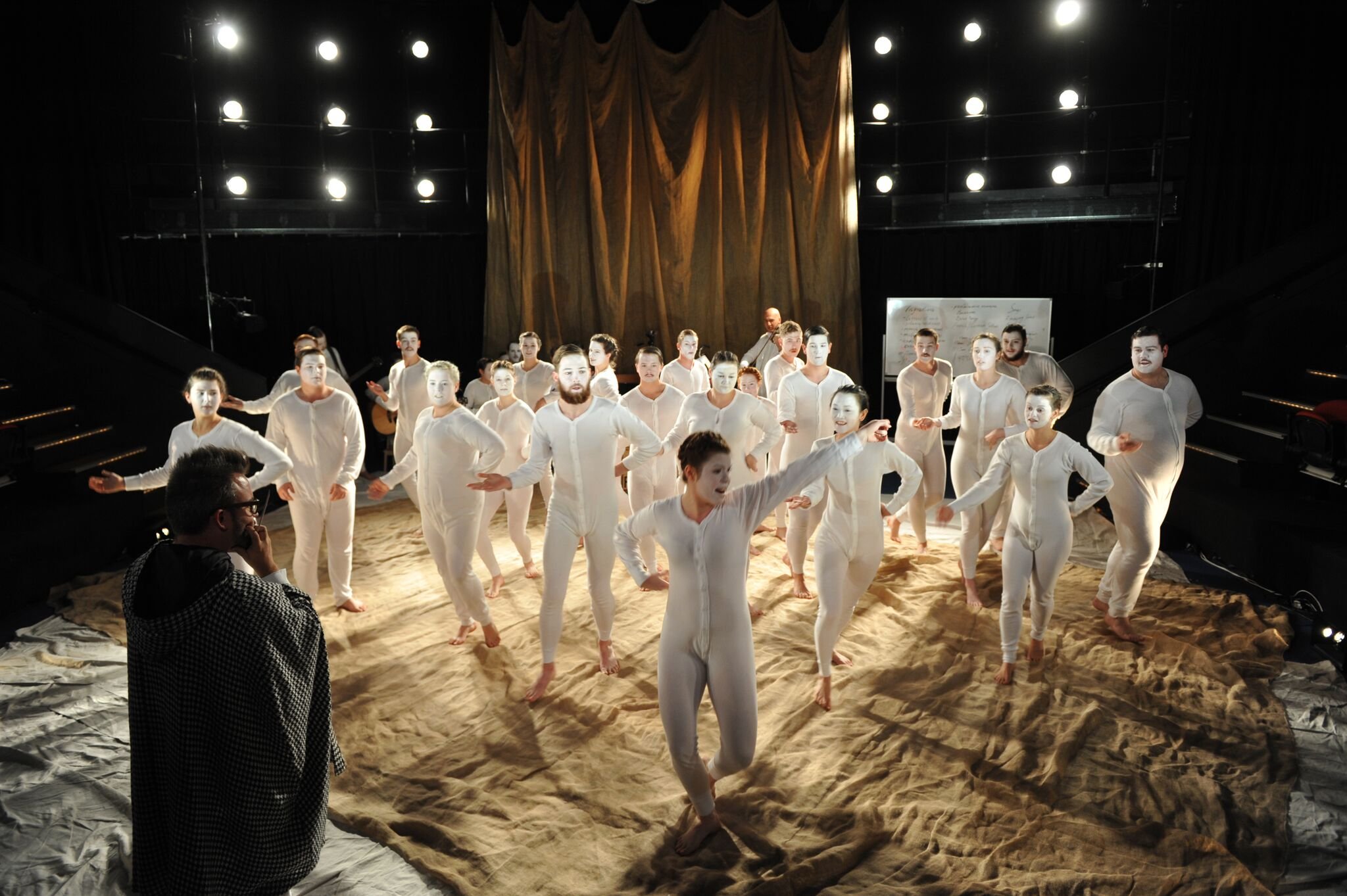
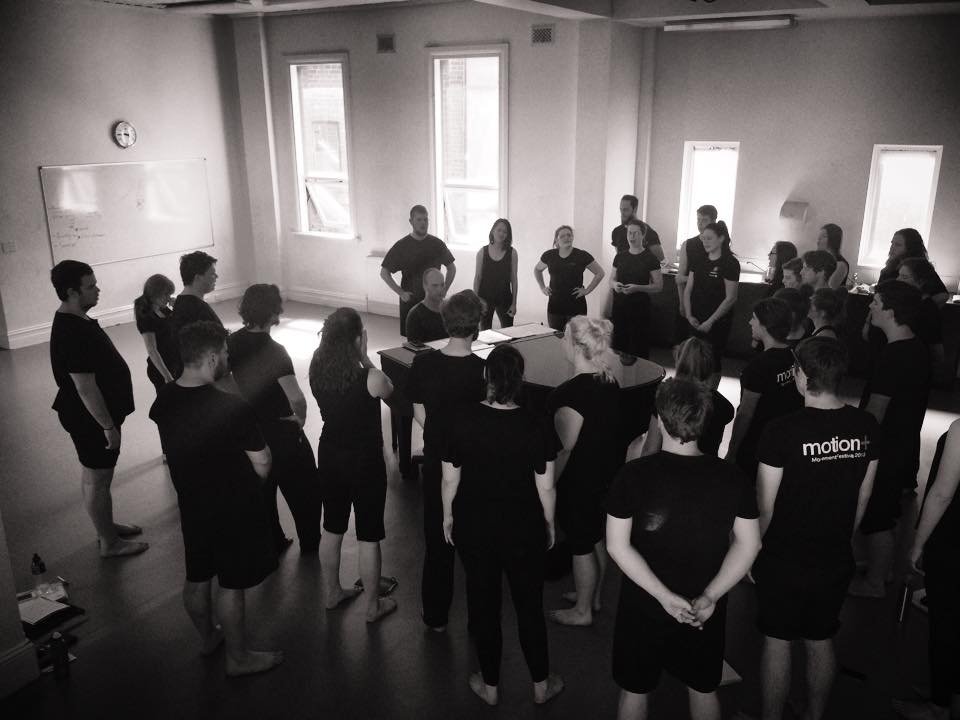

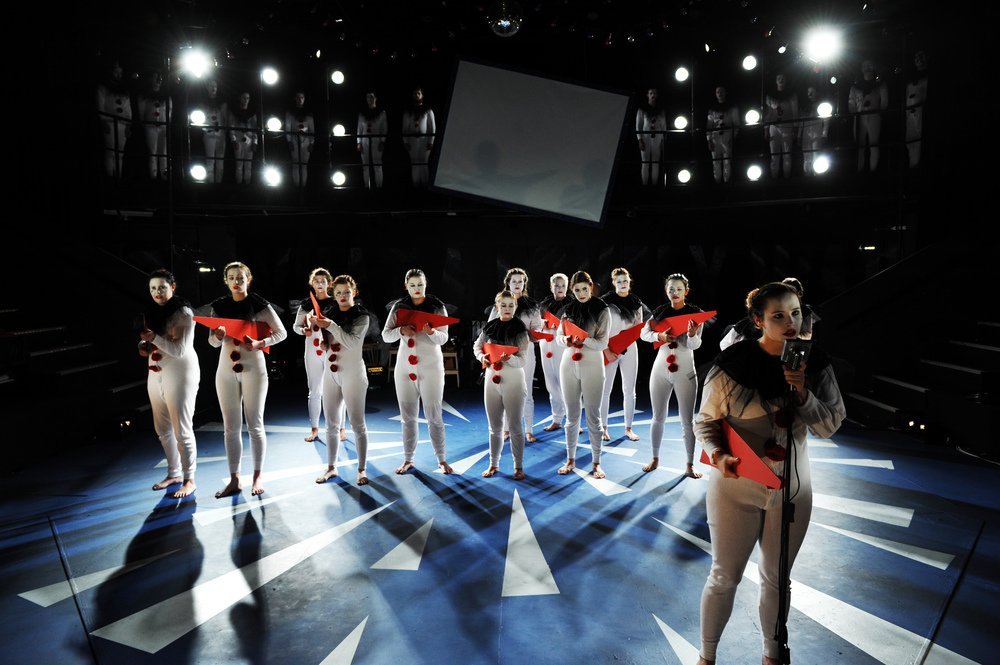
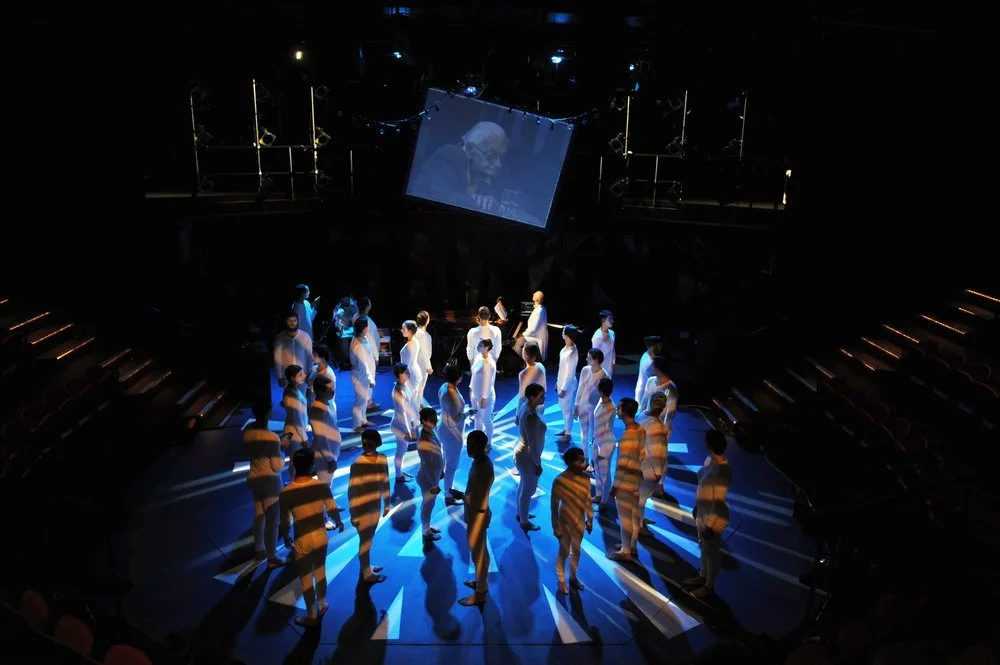


OVERVIEW of the Lovely War Project
The Lovely War Project was lead by the Present Tense Ensemble in a partnership between Federation University and students, the City of Ballarat, Ballarat Heritage Weekend, the Ballarat RSL and other community organisations. It was designed to engage the whole community and visitors to Ballarat. This project activates a series of performance based events, focussing on ANZAC Day in April and then Heritage Weekend in May, with songs and performed images and moments from World War One era. The activations begin within the University performing arts curriculum and are designed to reach out to the broader community and engage the students and the public together in considering the heritage and meaning of Australia’s commitment to war over the last 100 years.
The #LovelyWar project was organised to use performance and music to make new connections and contemporary resonance in the local ANZAC Story.
How might artists respond to this New War scenario, where globalisation, risk transference and privatization of militia means that ‘war itself becomes part of an economic life that is no longer under political control or subject to political limitation?’ Joan Littlewood opened the eyes and hearts of her audiences in 1963 and we have followed her path in our 2015 production of Oh What A Lovely War.
We seek to connect again with the roots of our own community to reconfirm a civil society that resists violence of any kind. To this end, this production is the centre-piece of a guerrilla theatre project that has been taking Ballarat by storm since February this year, led by Bryce Ives and Nathan Gilkes and supported by the Arts Academy Graduating and first year actors and the City of Ballarat. There have been radio interviews beamed across regional Australia, community sing-a-longs with the Legacy Ladies, morning teas with the RSL and street performances in the main street for the Gunfire Breakfast on ANZAC Day morning. Our students have gone on an epic creative journey in their art making, yet none of these activations have sought to glorify current wars or sentimentalise wars of the past. Rather, these meetings between the young and the old, those yet to experience war and those that have lived its reality, aim to create a society that is resilient to the temptations of war, whether old or new.
Tonight our young artists meet their audience through Joan Littlewood’s Oh What A Lovely War, re-imagined by Bryce Ives and Nathan Gilkes. Their production while faithful to the radical spirit of its author, takes a very 21st century, post modern view of war and does so through an art-form that has always had war in its sights; the theatre.
Dr Angela Campbell May, 2015
DIRECTORS’ NOTES
We’re not on any specific mission.
We’re not attempting to rewrite history.
We’re not here to debunk mythology, or to be jingoistic, or to tell you what you want to hear, or to educate you on our perspective.
Instead, tonight, we present our shared investigation, as the Centenary of Australia’s involvement in the First World War dominates our national discourse.
We ask: what is war, and what does it do to the human animal?
Through our investigation, we wonder what we are capable off, remembering that our ensemble is roughly the same age as those women and men from Ballarat a century ago who signed up for King and Country.
We ask deep and personal questions of politics, of memory, conflict, of the scars that still exist today. Some of tonight may be poignant, other bits will be hard. We make no apologies for that. There is no one answer. War must be the most complicated and complex topic one can investigate.
We nod in appreciation, not towards governments that often make unfair and harsh policy, but instead to the women and men who today are still fighting in conflicts around the world.
We remember the victims, those that are documented and still make our nightly news bulletins, and equally those that we ignore or forget.
We wonder why so many women and men, Australian soldiers who served in Afghanistan and Iraq, are committing suicide. Over 250 since those two conflicts begin.
We feel disgusted that in Ballarat we have veterans who are homeless. With so much money spent this year commemorating ANZAC Day, it's vulgar to think men and women who served live in poverty.
We wonder what would we do if we had served in Vietnam, or PNG, or in France or Gallipoli.
We feel honoured that so many members of the Ballarat community have been willing to sit with us in this investigation. To talk, to share stories, to inform our workTo reveal pain and love, loss and fear. We particularly acknowledge the Ballarat RSL and the Ballarat Legacy Club. organisations that continue to do so much good work, often under recognised and under-celebrated. We acknowledge Sing Australia, the City of Ballarat and many others who have gone out of their way to help us.
We acknowledge our elders, the senior members of the Ballarat community who have offered us wisdom and advice. We especially acknowledge our Indigenous brothers and sisters, who were almost written out of the history of Gallipoli, yet they were there.
We acknowledge Joan Littlewood, one of the greatest theatre makers of all time. A woman who literally shook the foundations of everything around her. We take inspiration from her to be bold, be inquisitive and to remain committed to training.
We thank the Arts Academy for opening its doors and letting us share this conversation through so many means: in concerts, on the street, in art galleries, in conventions, in one-on-one conversations, in morning teas, in social media. Federation University has had no agenda and asked for no control. We particularly acknowledge two brave and remarkable artists: Kim Durban and Angela Campbell, who remain fierce in their commitment to excellence in training.
Finally, we acknowledge the graduating acting company, who have grown through this process. They are willing to open their eyes, sit in empathy and ask the unanswerable question: why?
Personally we dedicate this to our grandparents. Blue-collar workers, who signed up and fought. During this investigation our thoughts have turned to them.
Nathan Gilkes & Bryce Ives
